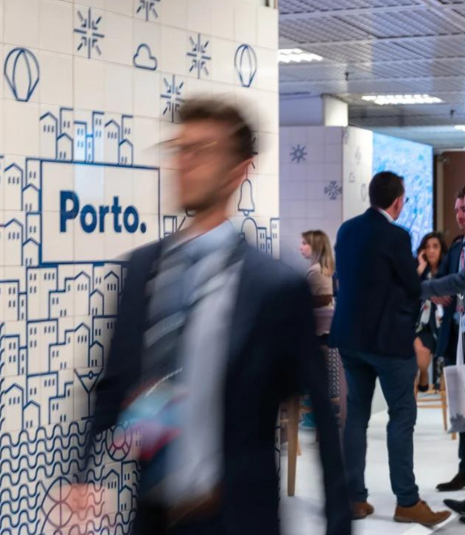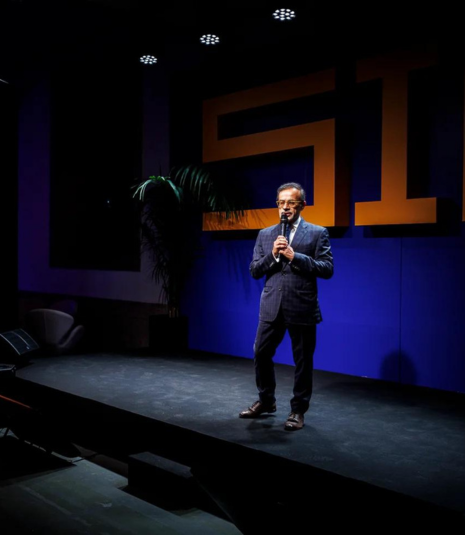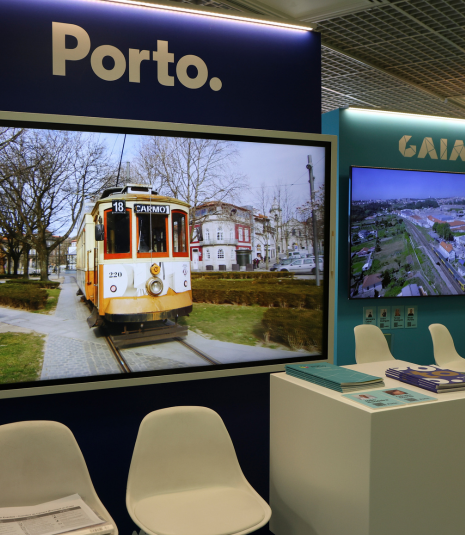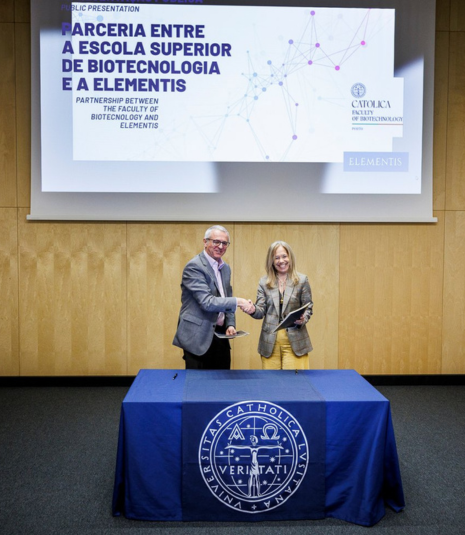Consultant Deloitte highlights Porto's strategy for a sustainable future
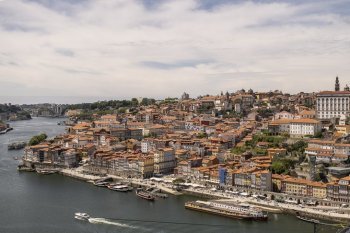
Porto.
· 21 Dec 2021
The consulting firm Deloitte recently launched the publication "Urban Future with a Purpose", which outlines 12 trends that will mark the future of cities in 2030. The study underlines the commitment of the Porto City Hall to the improvement of the urban life of its citizens.
12 trends will mark the future of cities in 2030, according to consulting firm Deloitte, and Porto stands out for its work in areas such as Mobility, Environment, Government, and Security. In the recently published study "Urban Future with a Purpose", the city's stimulus to innovation and creativity is praised.
Green planning of public spaces; Smart Health communities; "15-minute” Cities; Mobility: smart, sustainable, and "as-a-service"; Inclusive planning and public services; Digital innovation ecosystems; Circular economy and local production; Smart and sustainable buildings and infrastructure; Mass participation; AI applied to city operations; Cybersecurity and privacy awareness; AI applied to surveillance and predictive policing. These are the 12 trends identified by Deloitte and Porto is in evidence, according to the authors of the publication.
In the chapter dedicated to Digital Innovation Ecosystems, Invicta is mentioned as an example of good principles, alongside the cities of Espoo (Finland) and New York (United States).
"In 2016, Porto started positioning itself as a city of innovation and creativity. It created what is now known as Porto Innovation Hub, an innovation aggregator in which the city functions as a living laboratory, bringing together businesses, entrepreneurs, citizens, and the municipality to promote problem-solving", notes the Deloitte team.
This work did not take long to produce results, the authors highlight: "In 2020, thanks to Porto Innovation Hub, Porto won the Smart City Innovator award at the Annual Investment Meeting conference in Dubai, in the Future Cities category".
"Even though Porto is known as a tourist destination, local leaders have sought to reposition the city at the level of services, but also industrial leadership, in order to curb the outflow of local talent and strengthen the economy", the study states, adding: "The city has implemented a strategy to attract companies to invest in the city, reinforcing the conditions of its already good health services, schools - both public and private -, skilled labour, and challenging companies to set up and invest".
"In 2018 Porto won the World Excellence Award for the most startup-friendly European city, for its flourishing culture of tech startups and for being one of the few municipalities in Europe to have a dedicated program to encourage and stimulate entrepreneurship", Deloitte further notes. "Porto was chosen as a mentor city in the European Commission's 100 Intelligent Cities Challenge program. This decision recognizes its digitalization efforts and scalability potential. The city evidenced itself in 2020 by winning first place in Monocle magazine's ranking of the best small cities to live in, for its environmental ambition, business-friendly environment, inclusion and accessibility”, adds the study.
"This strategy has proven to be a success for Portugal's second-largest city, with results that include a growth in the average turnover and employment of startups at twice the rate seen between 2013 and 2015, an average annual growth of companies in Porto's entrepreneurial ecosystem even reached 26.2%", the analysis concludes.
The Mayor of Porto, Rui Moreira, is quoted in the study "Urban Future with a Purpose", specifically in the chapter dedicated to the circular economy and local production, mentioning concrete measures that the municipality has adopted for more rational use of resources. "We have transformed the water distribution company into a utilities company, and we are starting to produce electricity through solar energy. We started like so many other cities: using the public buildings, the schools, the Town Hall building, the rooftops, to produce energy for our consumption. But this was only the first step. Now we're going to move forward in the sense that we believe that cities have to produce their own electricity and will have to start redistributing the energy and selling it to the citizens", he points out.
The recently published study "Urban Future with a Purpose" is the result of global research conducted by the Deloitte team, in which experts from around the world were heard, including representatives from the World Bank, United Nations, European Commission, and World Economic Forum. You can read the full study here.

